Freedom and Psychological suicide: How To Choose One's Self
In our previous article entitled Human Consciousness and Freedom: The Antidote to a Constricted Life. We explained how humans have been gifted the Highest Gift of Evolution; Self-Consciousness and with it comes the power of imagination which grant us the ability to project into the future and to envisage almost limitless possibilities. It is the gift of psychological freedom. It shows us what we could be and tells us that we can participate in the act of creation, it shows us that the creation of our destiny is at least partly in our hands, if we can move forward into the realm of the limitless possibilities despites all the doubts and anxieties.

Man's main task in life is to give birth to himself, to become what he potentially is. The most important product of his effort is his own personality.
Erich Fromm, Man for Himself
Through his power to survey his life, man can transcend the immediate events which constrict him. Whether he has cancer or is a slave like the Roman philosopher Epictetus or a prisoner condemned to death, he can still in his freedom choose how he will relate to these facts. And how he relates to a merciless realistic fact like death can be more important for him than the fact of death itself. Freedom is most dramatically illustrated in the “heroic” actions, like Socrates’ decision to drink the hemlock (poison) rather than compromising or renouncing his values and principles; but even more significant is the undramatic, steady day-to-day exercise of freedom on the part of any person developing toward psychological integration and wholeness in a conformist society like ours which is plagued by insecurities and mental illnesses.

Freedom is not just the matter of saying “Yes” or “No” to a specific decision: it is the power to mold and create ourselves. Freedom is the capacity, to use Nietzsche’s phrase, “to become what we truly are.
Rollo May, Man's Search for Himself
Freedom does not come automatically; it is achieved. And it is not gained at a single bound; it must be achieved each day. As Goethe forcefully expresses the ultimate lesson learned by Faust:
Yes! to this thought I hold with firm persistence;
The last result of wisdom stamps it true:
He only earns his freedom and existence
Who daily conquers them anew.
Johann Von Goethe, Faust

The basic step in achieving inward freedom is “choosing one’s self.” This strange-sounding phrase of Kierkegaard’s means to affirm one’s responsibility for one’s self and one’s existence, or as Rollo May explains.
It is the attitude which is opposite to blind momentum or routine existence; it is an attitude of aliveness and decisiveness; it means that one recognizes that he exists in his particular spot in the universe, and he accepts the responsibility for this existence. This is what Nietzsche meant by the “will to live”—not simply the instinct for self-preservation, but the will to accept the fact that one is one’s self, and to accept responsibility for fulfilling one’s own destiny, which in turn implies accepting the fact that one must make his basic choices himself.
Rollo May, Man's Search for Himself
We can see more clearly what choosing one’s self and one’s existence means by looking at the opposite—choosing not to exist, that is to commit suicide.
To decide whether life is worth living is to answer the fundamental question of philosophy. Everything else…is child’s play; we must first of all answer the question.
Albert Camus, The Myth of Sisyphus

The significance of suicide lies not in the fact that people actually kill themselves. It is indeed a rare occurrence except among psychotics. But psychologically, the thought of suicide has a much wider meaning. There is such a thing as psychological suicide in which one does not take his own life by a given act, but dies because he has chosen—perhaps without being entirely aware of it—not to live. The psychologist Viktor Frankl who spent time in a Nazi concentration camp echoes the same observations. Frankl went so far as to say that for him and his fellow prisoners, this choice was the difference between life and death. Without a purpose or a “future goal” to look forward to, prisoners found it very difficult to endure the uncertainty and brutal conditions of camp life. Frankl notes that many purposeless individuals surrendered to what he called “give-up-itis”. One morning, they simply refused to get up, and as he wrote:
“At that moment we knew that for the next forty-eight hours or so we would watch them dying.”
Viktor Frankl, Man’s Search for Meaning
Of course we do not know the inner psychological processes in the fact that a person, apparently with some strength left, seems to give up and die; but it is a fair guess that absence of meaning, of purpose or some inner tendency not to choose to live is in operation.

These ways of choosing not to live show how crucial it can be to choose to live. It is doubtful whether anyone really begins to live, that is, to affirm and choose his own existence, until he has frankly confronted the terrifying fact that he could wipe out his existence but chooses not to.
Since one is free to die, he is free also to live. He no longer exists as an accidental result of his parents having conceived him, of his growing up and living as an infinitesimal item on the treadmill of cause-and-effect, marrying, having children, growing old and dying.
Since one could have chosen to die but chose not to, every act thereafter has to some extent been made possible because of that choice. Every act then has its special element of freedom.
Rollo May, Man's Search for Himself
People often actually go through the experience of committing psychological suicide in some sector of their lives. We shall present two illustrations which we hope will make the basic point clear.

A woman believes she cannot live unless a certain man loves her. When he abandon her or choose someone else, she contemplates suicide. In the course of her meditating on the idea for some days, she fantasies, “Well, assume I did do it.” But then she suddenly thinks, “After I’ve done it, it would still be good to be alive in other ways—the sun still shines, water is still cool to the body, food still delicious, one can still make things, one has many new things to try, to do, to see ” and the suggestion creeps in that there may still be other people to love. So she decides to live. Assuming the decision is made for positive reasons rather than just the fear of dying or inertia, the conflict may actually have given her some new freedom. It is as though the part of her which clung to the man did commit suicide, and as a result she can begin life anew.

Or a young man feels he can never be happy unless he gains some fame. He begins to realize that he is competent and valuable, let us say as an assistant professor; but the higher he gets on the ladder the clearer he sees that there are always persons above him, that “many are called but few are chosen,” that very few people gain fame anyway, and that he may end up just a good and competent teacher. He might then feel that he would be as insignificant as a grain of sand, his life meaningless, and he might as well not be alive. The idea of suicide creeps into his mind in his most low-spirited moods. Sooner or later he, too, thinks, “All right, assume I’ve done it—what then?” And it suddenly dawns on him that, if he came back after the suicide, there would be a lot left in life even if one were not famous. He then chooses to go on living, as it were, without the demand for fame. It is as though the part of him which could not live without fame does commit suicide.

And in killing the demand for fame, he may also realize as a byproduct that the things which yield lasting joy and inner security have very little to do with the external and fickle standards of public opinion anyway. And finally, as a result of the partial suicide, he may clarify his own goals and arrive at more of a feeling for the joy which comes from fulfilling his own potentialities, from finding and teaching the truth as he sees it and adding his own unique contribution arising from his own integrity rather than the servitude to fame.
The actual process of these partial psychological suicides is much more complex than these illustrations imply. Actually some people—perhaps most people—move in the opposite direction when they have to renounce a demand: they retreat, constrict their lives and become less free, but there is a positive aspect to partial suicide, and that the dying of one attitude or need may be the other side of the birth of something new (which is a law of growth in nature not at all limited to human beings). One can choose to kill a neurotic strategy, a dependency, a clinging, and then find that he can choose to live as a freer self. The woman in our example would no doubt find with clearer insight that her so-called love for the man for whom she would have committed suicide was really not love at all, but clinging parasitism, fear of the unknown, of being alone balanced by desire to have power and control over the man (make the future predictable). A “dying” to part of one’s self is often followed by a heightened awareness of life, a heightened sense of possibility.

When one has consciously chosen to live, two other things happen. First, his responsibility for himself takes on a new meaning. He accepts responsibility for his own life, not as something which he has been forced to carry, a burden forced upon him: but as a something he has chosen himself. For this person, himself, now exists as a result of a decision he himself has made. To be sure, any thinking person realizes in theory that freedom and responsibility go together: if one is not free, one is an automaton and there is obviously no such thing as responsibility, and if one cannot be responsible for himself, he can’t be trusted with freedom. But when one has “chosen himself,” this partnership of freedom and responsibility becomes more than a nice idea: he experiences it on his own pulse; in his choosing himself, he becomes aware that he has chosen personal freedom and responsibility for himself and not for sake of anything exterior.

The other thing which happens is that discipline from the outside is changed into self-discipline. He accepts discipline not because it is commanded—for who can command someone who has been free to take his own life?—but because he has chosen with greater freedom what he wants to do with his own life, and discipline is necessary for the sake of the values he wishes to achieve. This self discipline can be given fancy names—Nietzsche called it “loving one’s fate” and Spinoza spoke of obedience to the laws of life. it is a lesson everyone progressively learns in his struggle toward maturity and autonomy.
Freedom is shown in according one’s life with realities—realities as simple as the needs for rest and food, or as ultimate as death. Freedom is involved when we accept the realities not by blind necessity but by choice. This means that the acceptance of limitations need not at all be a “giving up,” but can and should be a constructive act of freedom; and it may well be that such a choice will have more creative results for the person than if he had not had to struggle.
Rollo May, Man's Search for Himself
It is usually assumed that freedom is intrinsically desirable, but quite frequently individuals are apprehensive about freedom, and in the words of Erich Fromm, can even develop a “fear of freedom”.

Can freedom become a burden, too heavy for man to bear, something he tries to escape from?
Erich Fromm, Escape From Freedom
If psychological freedom entails the ability to envisage constructive ways to change our life and to then, act upon these possibilities, why should we fear this? In our next article we shall address this question and try to understand why so many people, especially in our times, seems more than happy to give away their freedom, what are the psychological processes and the mechanisms behind such an act.

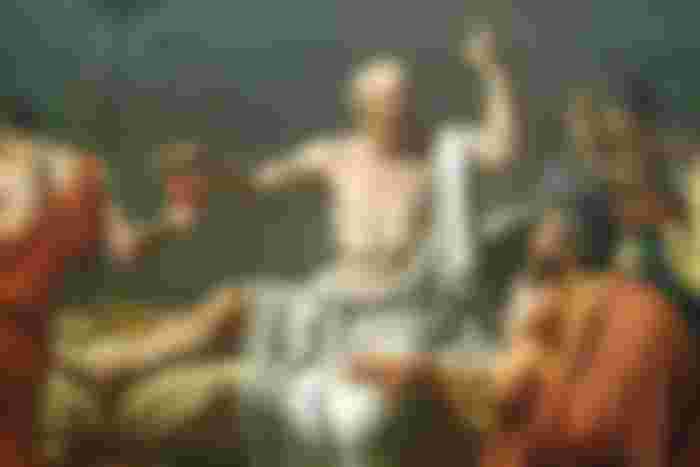

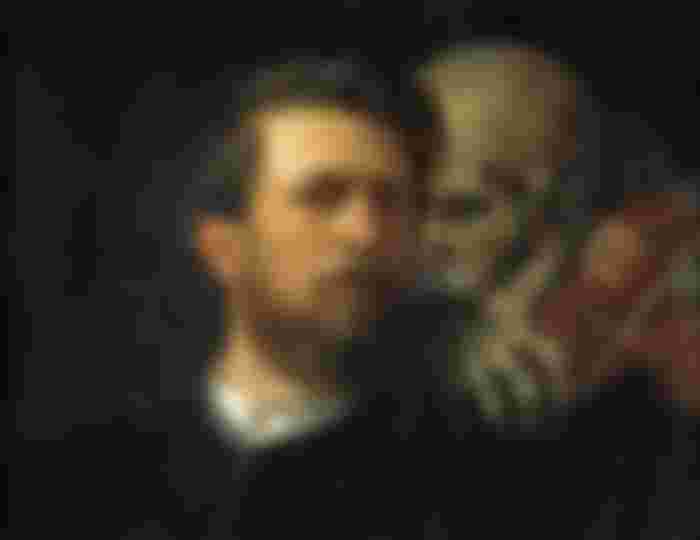
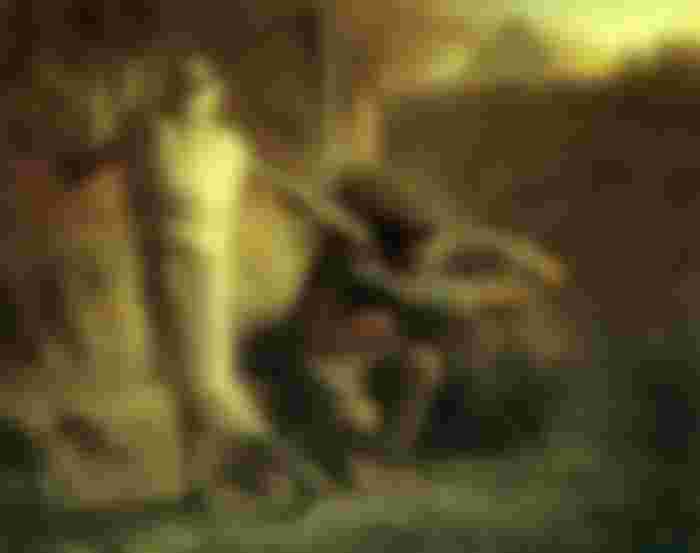
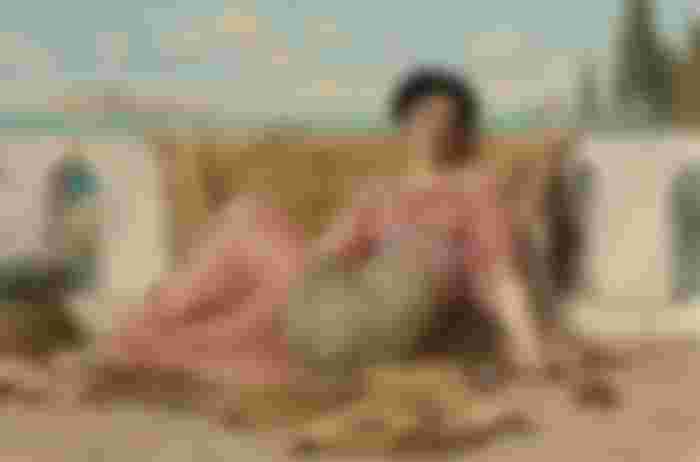

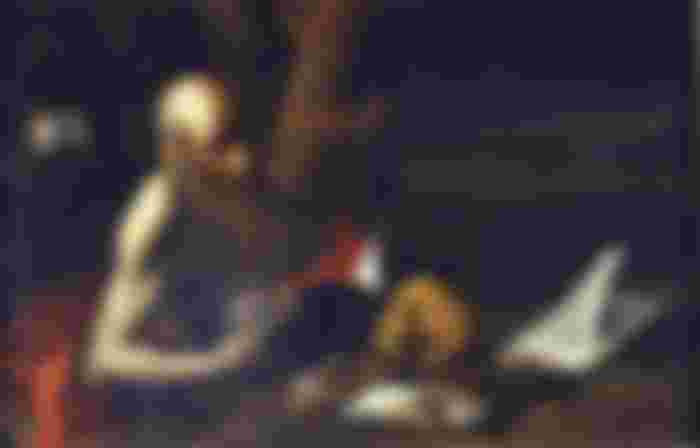

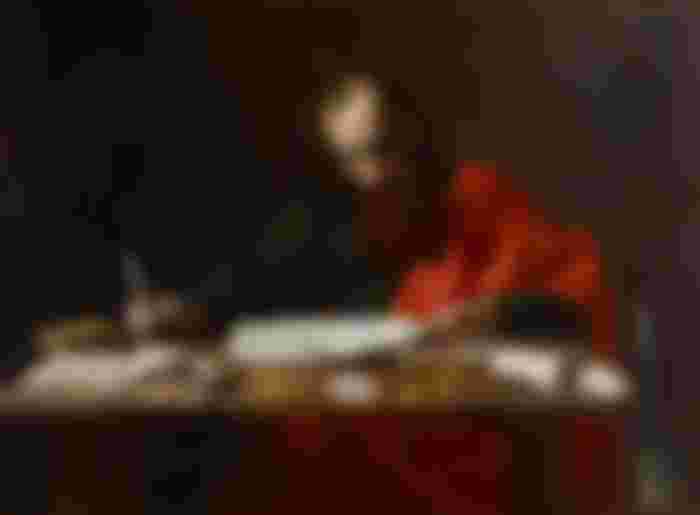
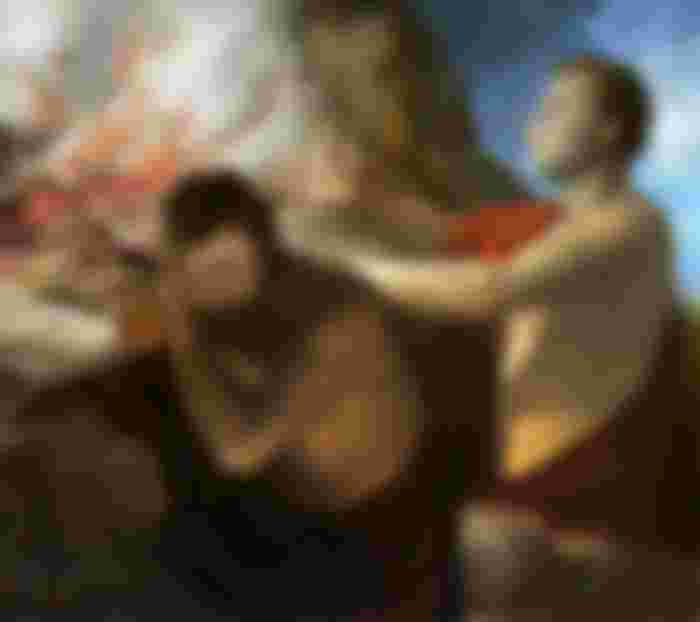
Very true. To attain the freedom, it requires a person to accept responsibility for him/herself, for their own live. In fact, once they are able to do this(it's not easy but doable), they could achieve such massive contentment in their life. 'Freedom' is equal to 'happiness' to me. So it's either no responsibility and no happiness, or take the responsibility into account and be happy. Easy trade to make here. But I wonder why some people nowadays is fearing freedom. Thank you for your hint of next entry. Couldn't wait! It probably could answer my curiosity. :D